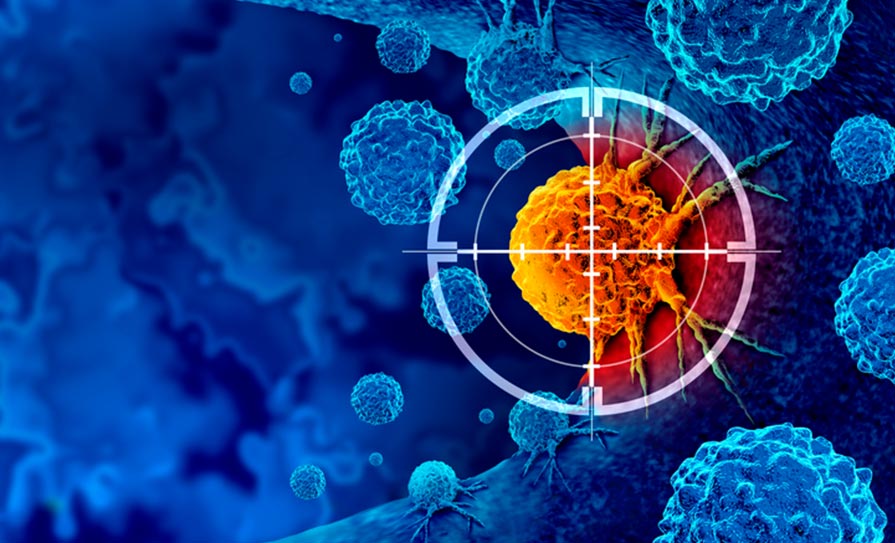
Neoadjuvant immunotherapy given for stage III melanoma, followed by adjuvant therapy only if there is not a deep response to treatment, promises better outcomes for patients than the current standard of care, which is adjuvant immunotherapy alone.
This is according to data from the phase 3 NADINA trial presented at the 2024 ASCO Annual Meeting.
Recent evidence from phase 1 and phase 2 clinical trials has suggested that adding immunotherapy before surgery (neoadjuvant therapy) may help improve patient outcomes.
In the phase 3 NADINA trial, researchers studied whether treatment with ipilimumab and nivolumab before lymph nodes were surgically removed was more effective than treatment with nivolumab after the removal of lymph nodes. If this treatment did not destroy 90 per cent or more of the tumour cells in the surgically removed lymph nodes (major pathological response), patients would receive adjuvant therapy with nivolumab or, if the tumour contained a mutation in the BRAF gene, they would receive the targeted therapies dabrafenib plus trametinib.
The study included a total of 423 patients; 212 participants receiving neoadjuvant therapy; and 211 participants receiving adjuvant therapy. About two-thirds of the patients were men, and the average age of all participants was about 60 years. The patients were followed for a median of 9.9 months.
The researchers found that there were significantly fewer disease-related events among those who received neoadjuvant therapy than those who received adjuvant therapy (28 vs 72 events, respectively). Those who received neoadjuvant therapy had a 27 per cent absolute reduction in the risk of the disease returning in the first 12 months.





Leave a Reply
You must be logged in to post a comment.